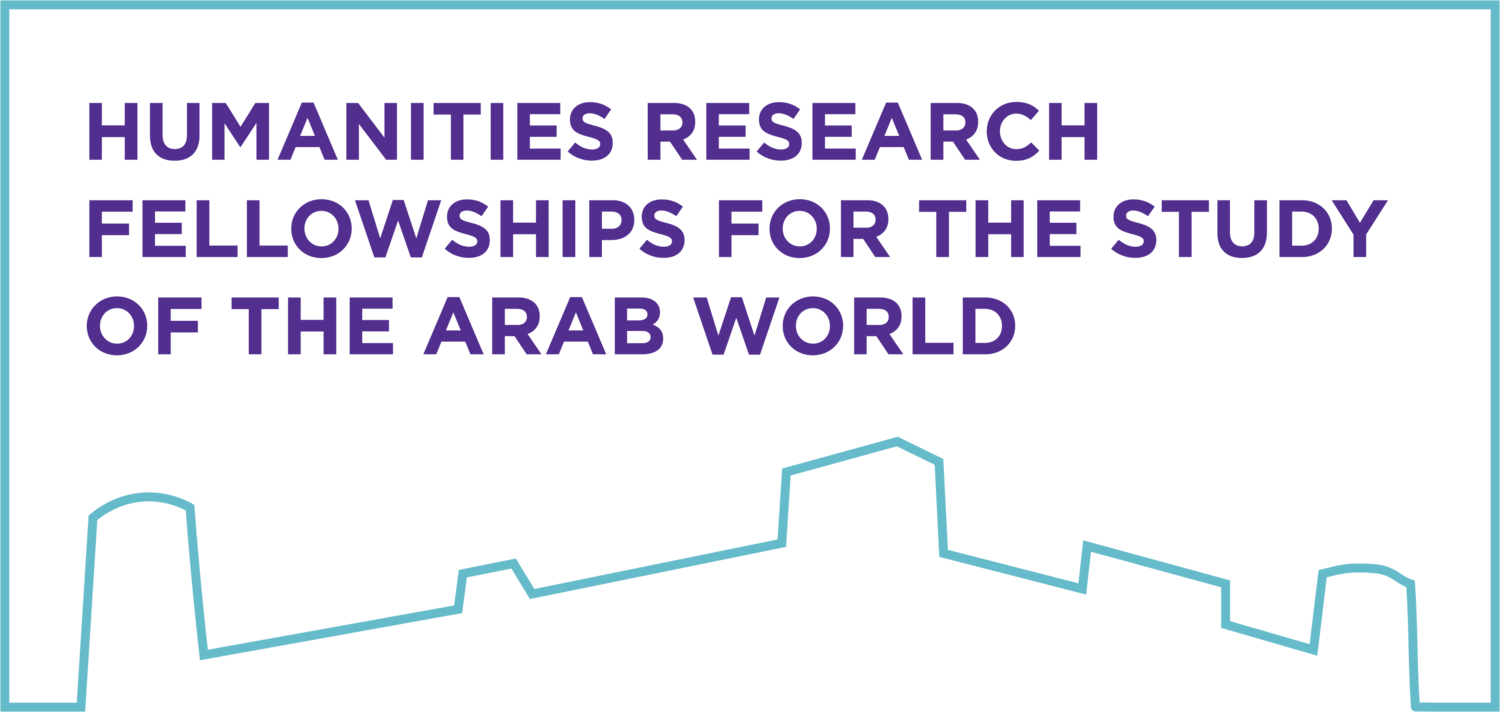Histories of the Indian Ocean have traditionally viewed the high seas as a vector for the transmission of legal ideas during the age of European imperialism.
Recently, scholars have begun to consider how empires’ attempts to define property relations in oceanic space were worked out not only on the level of legal discourse, but through the everyday practices of those who crossed oceans and dwelled in its littorals and hinterlands.
The movement of traders, imperial officials, scholars, and slaves throughout the Indian Ocean world not only created a maritime regulatory order, but also produced plural property regimes along the coastal regions of the East African mainland. There, indigenous, European, and Islamic legal idioms competed to regulate property rights.
In East Africa as in other imperial contexts, sovereignty itself was constituted in part through the ordering of these competing claims. From the 1950s to the present, struggles to for decolonization and independence have been characterized by efforts to produce national property regimes out of the plural ones inherited from colonial states. However, postcolonial attempts to define rights to land and sea have often proved inconclusive — a fact which arguably highlights the continued influence of Indian Ocean legal cultures rather than the alleged “failures” of African states.
The workshop thus highlights convergences between the modern histories of Africa and the Indian Ocean. By focusing on regional property regimes and their contribution to the construction of sovereignties, such a framing also offers new insights into the possibilities and limits of “global” history.
The workshop’s invited guest, Jatin Dua (PhD Candidate in Anthropology, Duke University), is a scholar whose work explores the making of a regional maritime regulatory order in the contemporary Indian Ocean through the interactions between Somali pirates, states, international institutions, and networks of private security contractors.
The event is convened by Reynolds Richter (Humanities Research Fellow, NYUAD Institute and PhD Candidate in History, NYU New York) whose research explores the influence of coastal Kenya’s distinctly plural legal culture on struggles over land rights during the decades of decolonization and independence.
